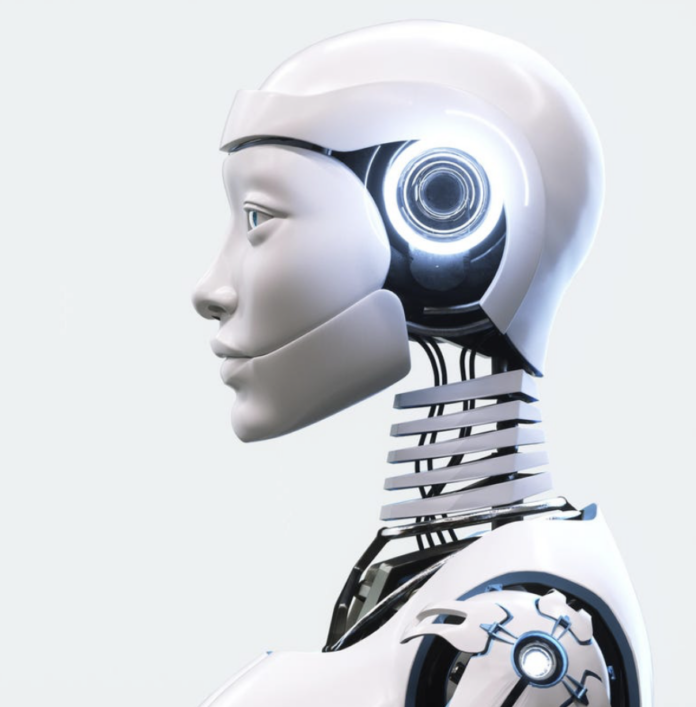Today, much of the general public uses artificial intelligence (AI) in one form or another. Alexa, robot vaccums, and Google Assistant are some forms of AI that people often rely upon without thinking about it.
Increasingly, the same can also be said of ChatGPT, robots being used to deliver food in restaurants, and more.
AI, to a certain extent, is a bit controversial. Some folks feel it is the innate next step as humanity makes progress. However, others fear that AI could pose harm to vulnerable individuals, i.e., low-wage workers who end up losing their jobs because their employer discovers automation is cheaper in the long run.
Right now, society is still testing the waters to a certain degree when it comes to AI. This has now led to questions about potential rights for AI, along with AI’s future capabilities as it progresses.
Endless possibilites for the future of mankind
A recent op-ed for The Hill openly endorsed an “AI rights movement,” with the premise that AI may become sentient sooner than some people expect. In a scenario with a sentient AI, it raises questions about humanity’s moral obligations to respect AI’s feelings, thoughts, etc., that will inevitably vary.






